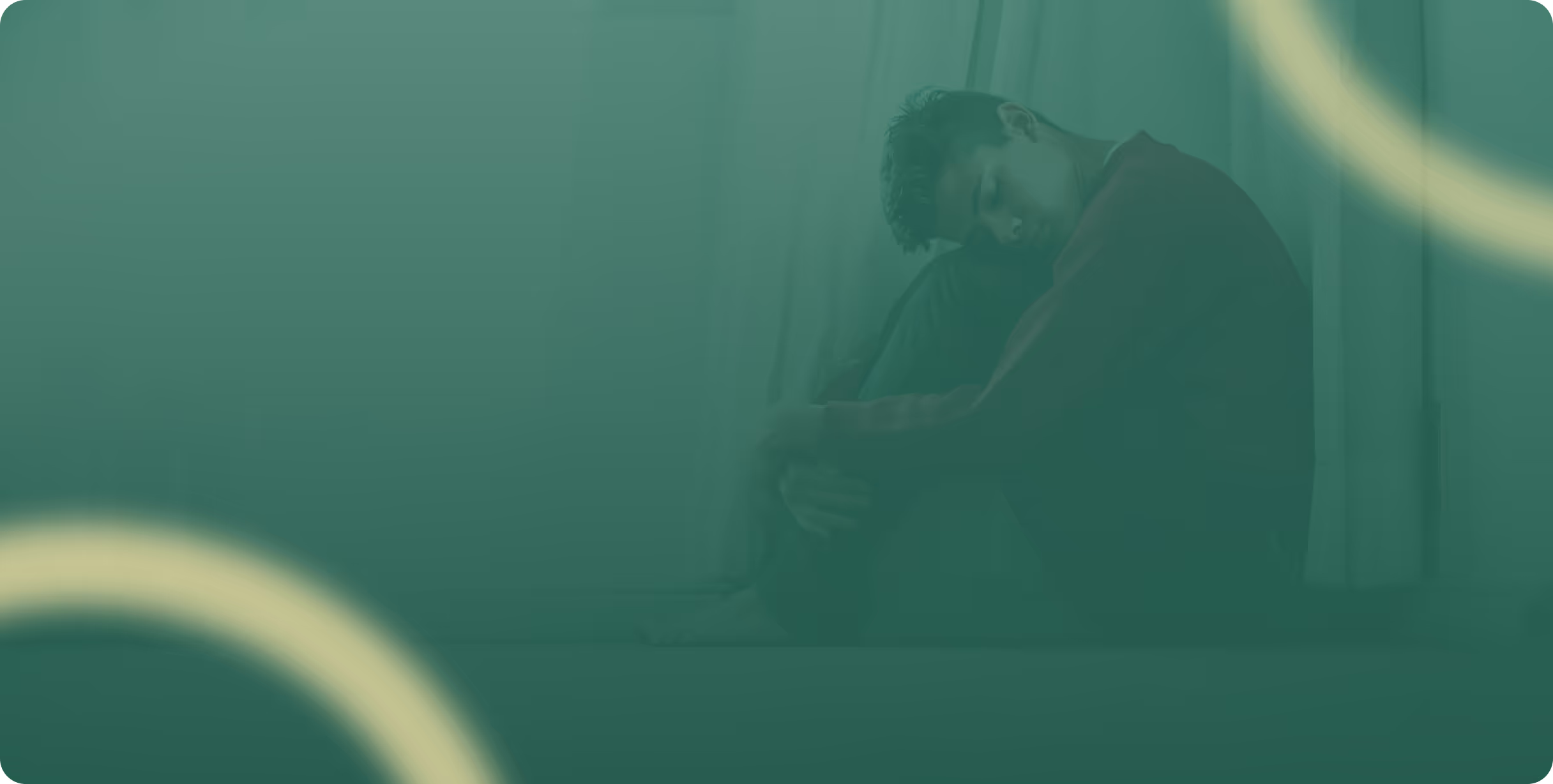What is Depression?
Depression, a common mental health disorder, can range from mild or moderate depression to major depression and severe depression. The American Psychiatric Association recognizes it as a significant health concern that affects daily life and overall well-being.
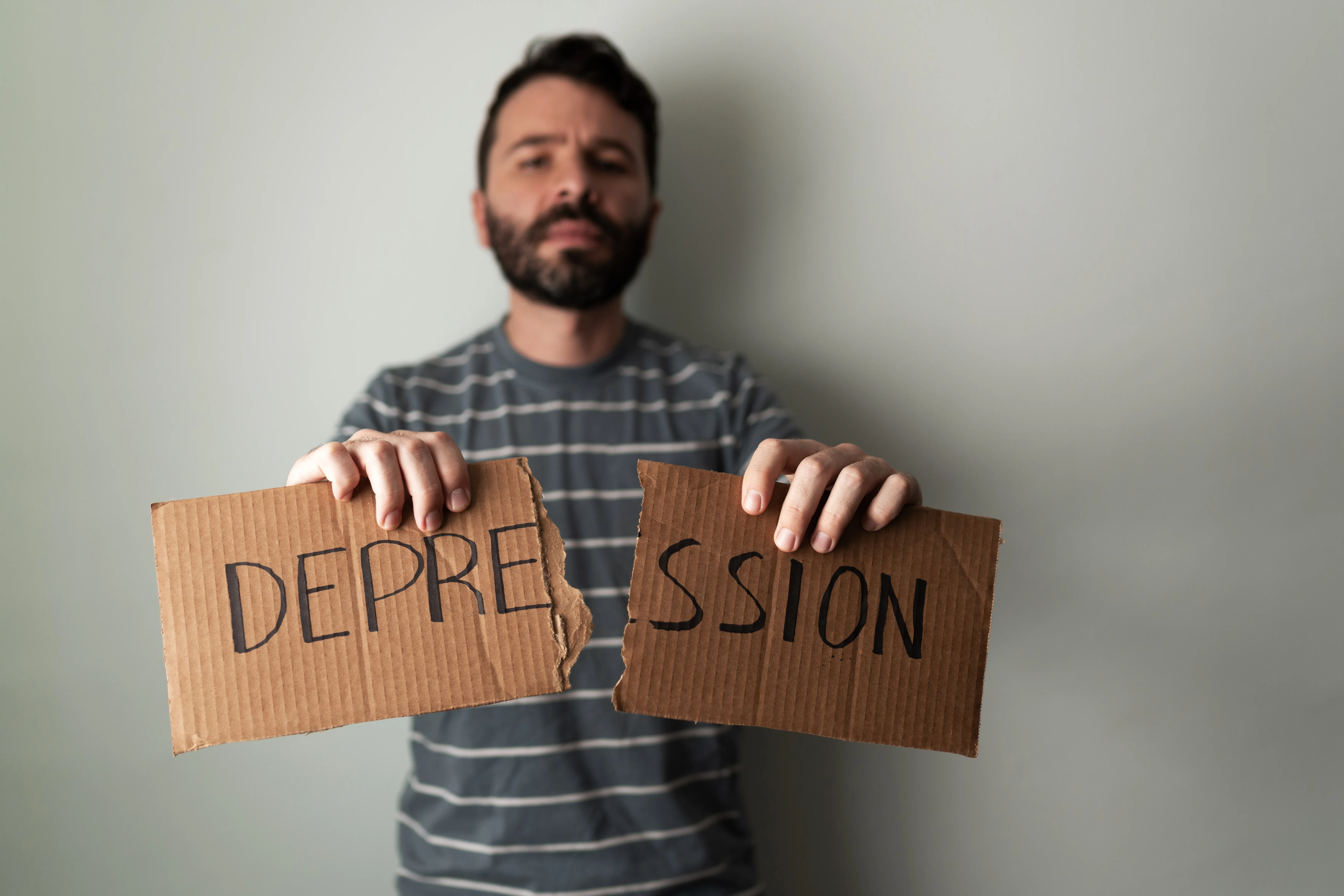
Recognizing Depression
Depression symptoms can vary but typically include persistent sadness, loss of interest in activities, and feelings of hopelessness. Recognizing these symptoms is the first step in seeking help.

Consulting a Healthcare Professional
A mental health professional plays a crucial role in diagnosing depression, differentiating between major depressive disorder, persistent depressive disorder (dysthymia), and other forms of clinical depression through psychological evaluation and medical tests.

Treatment Modalities for Depression
Treatment options for depression are diverse, ranging from medication and therapy to lifestyle changes and alternative treatments, depending on the severity and type of depression.
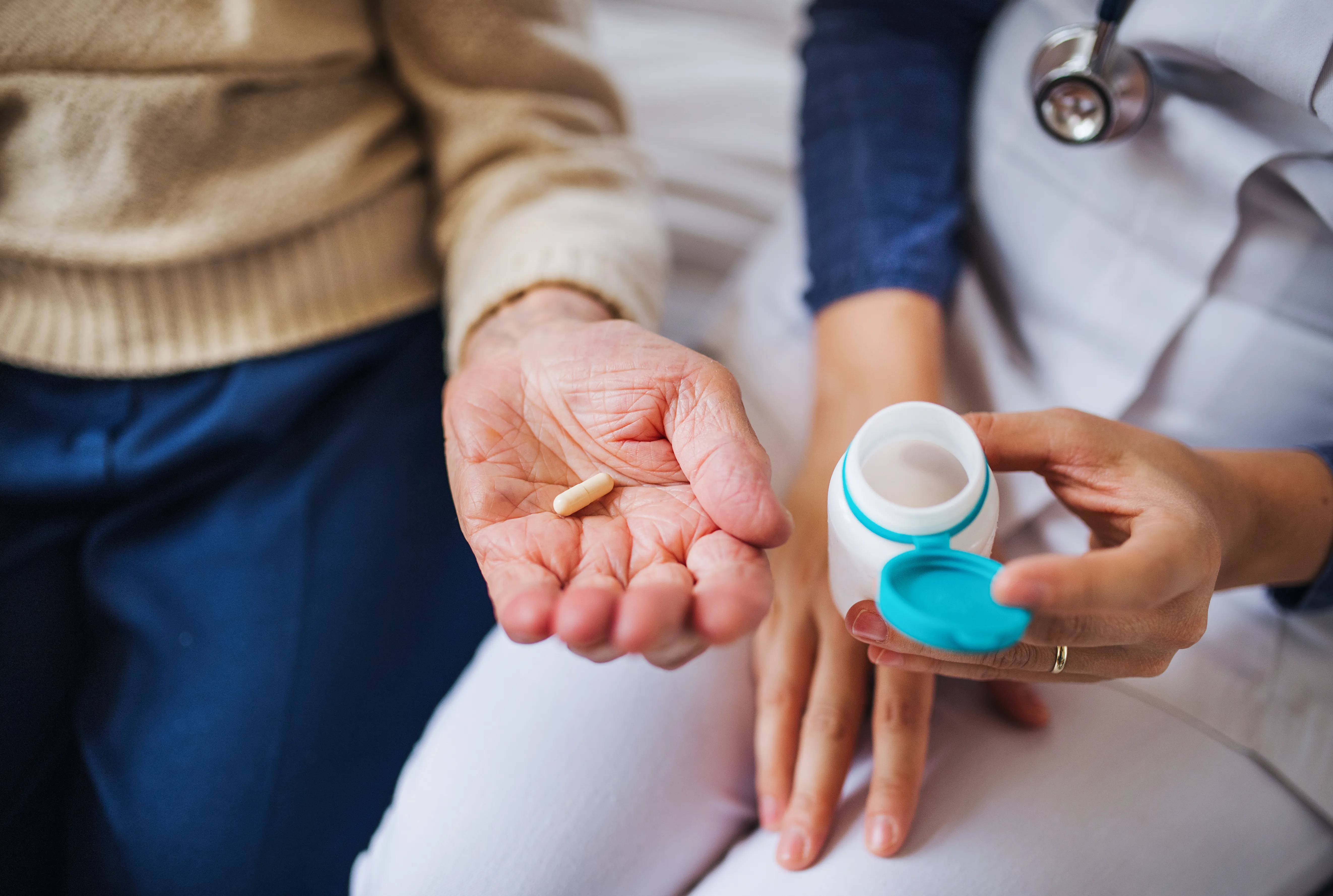
Depression Treatment Near Las Vegas
In the vibrant yet often overwhelming setting of Las Vegas, finding effective help for depression is crucial. The Halo Health Clinic, located conveniently near Las Vegas, offers a compassionate and comprehensive approach to treating depression. With a team of skilled professionals, the clinic specializes in a range of evidence-based treatments tailored to each individual's unique experience with depression. From traditional psychotherapy and medication management to innovative therapies, The Halo Health Clinic is dedicated to helping patients navigate their journey towards mental wellness. For those in and around Las Vegas struggling with depression, The Halo Health Clinic provides a supportive, healing environment to regain balance and joy in life.

Types of Depression
Major Depressive Disorder (MDD)
This is a classic form of depression, characterized by persistent sadness, loss of interest in activities, and a range of physical and emotional problems.
Persistent Depressive Disorder (Dysthymia)
A chronic form of depression where symptoms last for at least two years, often less severe than major depression but more enduring.
Bipolar Disorder
Previously known as manic depression, bipolar disorder involves episodes of depression interspersed with periods of mania or hypomania.
Seasonal Affective Disorder (SAD)
This type of depression is related to changes in seasons, typically starting in the fall and continuing into the winter months.
Postpartum Depression
Postpartum is a type of depression that can occur in women after giving birth, characterized by feelings of extreme sadness, anxiety, and exhaustion.
Premenstrual Dysphoric Disorder (PMDD)
A severe form of premenstrual syndrome (PMS), PMDD causes extreme mood shifts and physical symptoms before menstruation.
Atypical Depression
This type is characterized by mood reactivity (moods that are strongly affected by positive or negative events) and a range of atypical symptoms.
Psychotic Depression
A severe form of depression accompanied by some form of psychosis, such as having disturbing false beliefs or a break from reality (delusions), or hearing or seeing upsetting things that others cannot hear or see (hallucinations).
Situational Depression (Adjustment Disorder)
Often triggered by a significant life change or stressful life event, such as the loss of a loved one or serious illness.
Treatment-Resistant Depression
This term is used to describe cases of major depressive disorder that do not respond to traditional treatments like medication and psychotherapy.
Medication for Depression
Antidepressant medications, especially selective serotonin reuptake inhibitors (SSRIs), are commonly prescribed for treating depression, particularly major depression. They help balance brain chemicals but may have side effects.

Psychotherapy
Talk therapy, including cognitive-behavioral therapy (CBT) and interpersonal therapy (IPT), is effective in treating symptoms of depression, especially in cases of mild or moderate depression.

Lifestyle Changes and Home Remedies
Regular exercise, a balanced diet, adequate sleep, and stress reduction techniques like progressive muscle relaxation can complement other depression treatments.

Alternative Treatments
Some individuals may find relief from depressive symptoms through herbal remedies, mindfulness, meditation, and other holistic approaches, though these should be pursued in conjunction with professional medical advice.
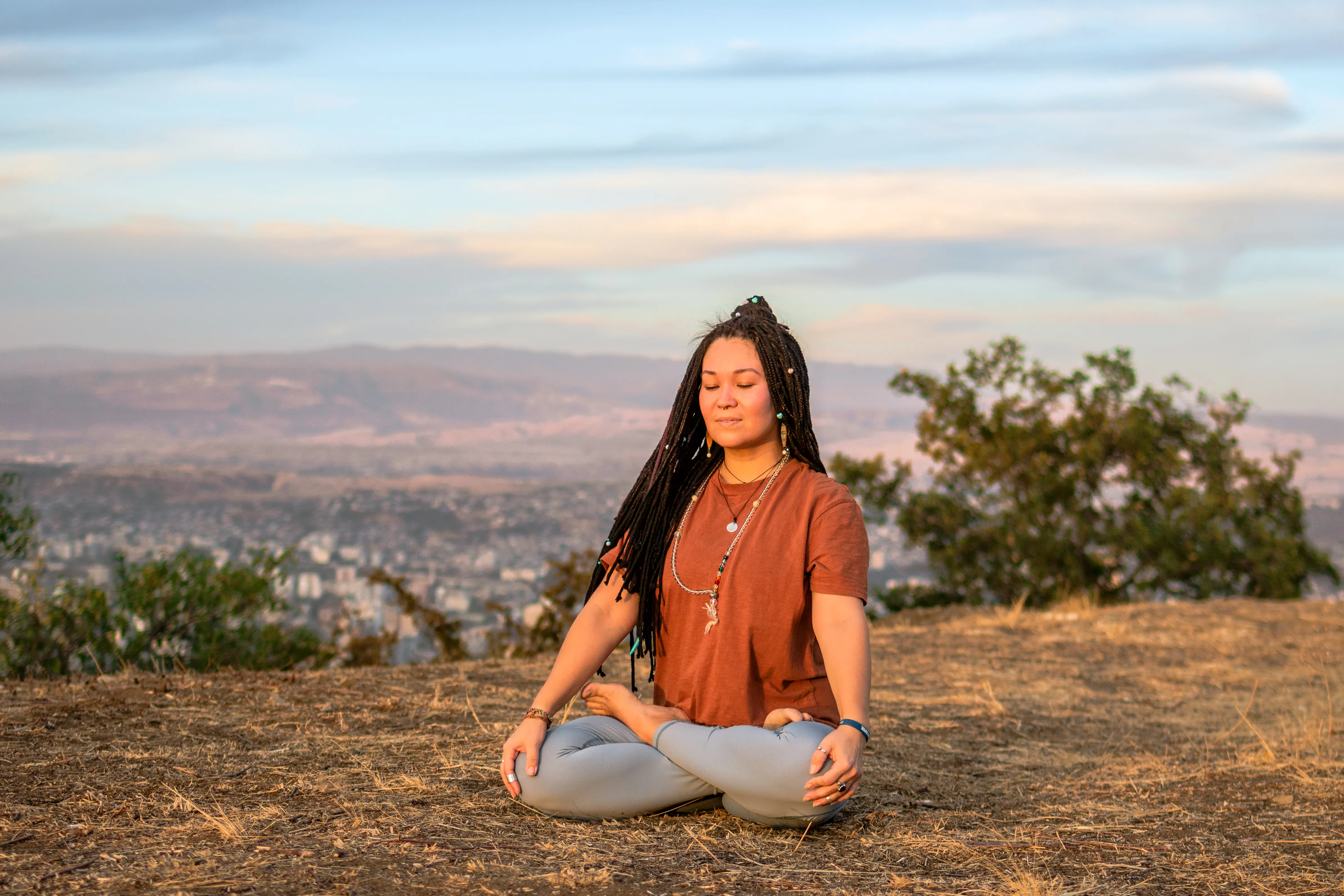
The Importance of Support Systems
Family and friends, as well as support groups, play a vital role in supporting those undergoing treatment for depression.

Dealing with Treatment-Resistant Depression
For severe depression that doesn’t respond to conventional treatments, options like electroconvulsive therapy (ECT) and transcranial magnetic stimulation (TMS) might be considered.

Ongoing Management of Depression
Managing depression is an ongoing process that requires regular follow-ups with a mental health professional and adherence to the prescribed treatment plan.

Depression Statistics in Las Vegas
Depression remains one of the most prevalent mental health conditions in the United States, profoundly affecting communities in urban areas like Las Vegas. In 2023, approximately 21 million adults nationwide reported experiencing at least one major depressive episode, with Nevada showing higher-than-average rates due to factors such as economic stress, limited access to mental health care, and urban isolation. Depression symptoms, including persistent sadness, loss of interest in activities, fatigue, and difficulty concentrating, can significantly disrupt daily life and impact relationships, careers, and overall well-being. These statistics highlight the importance of expanding mental health resources in Las Vegas to address this widespread issue effectively.
For Las Vegas residents, the growing availability of treatment options such as cognitive-behavioral therapy (CBT), teletherapy, and medication management offers hope for managing depression. However, stigma and lack of awareness still prevent many individuals from seeking help. Community outreach programs and educational initiatives can play a vital role in normalizing conversations about depression and ensuring residents are aware of the support available to them. By fostering an inclusive and proactive mental health culture, Las Vegas can make strides in reducing the impact of depression on its population.

Seeking Help
Effective treatment for depression is available, and with the right combination of therapy, medication, and support, it's essential to seek help and develop a comprehensive plan to treat depression. By utilizing a combination of medication, therapy, lifestyle changes, and support systems, individuals with depression can work towards recovery and improve their quality of life.
Remember, managing depression is a journey, and it's important to stay connected with healthcare providers and support networks throughout this process. For further information and resources, it is advisable to consult with healthcare professionals and refer to guidelines provided by the American Psychiatric Association.
If you or anyone you know is struggling with depression in Las Vegas, contact Halo Health Clinic today! (702) 718-7353

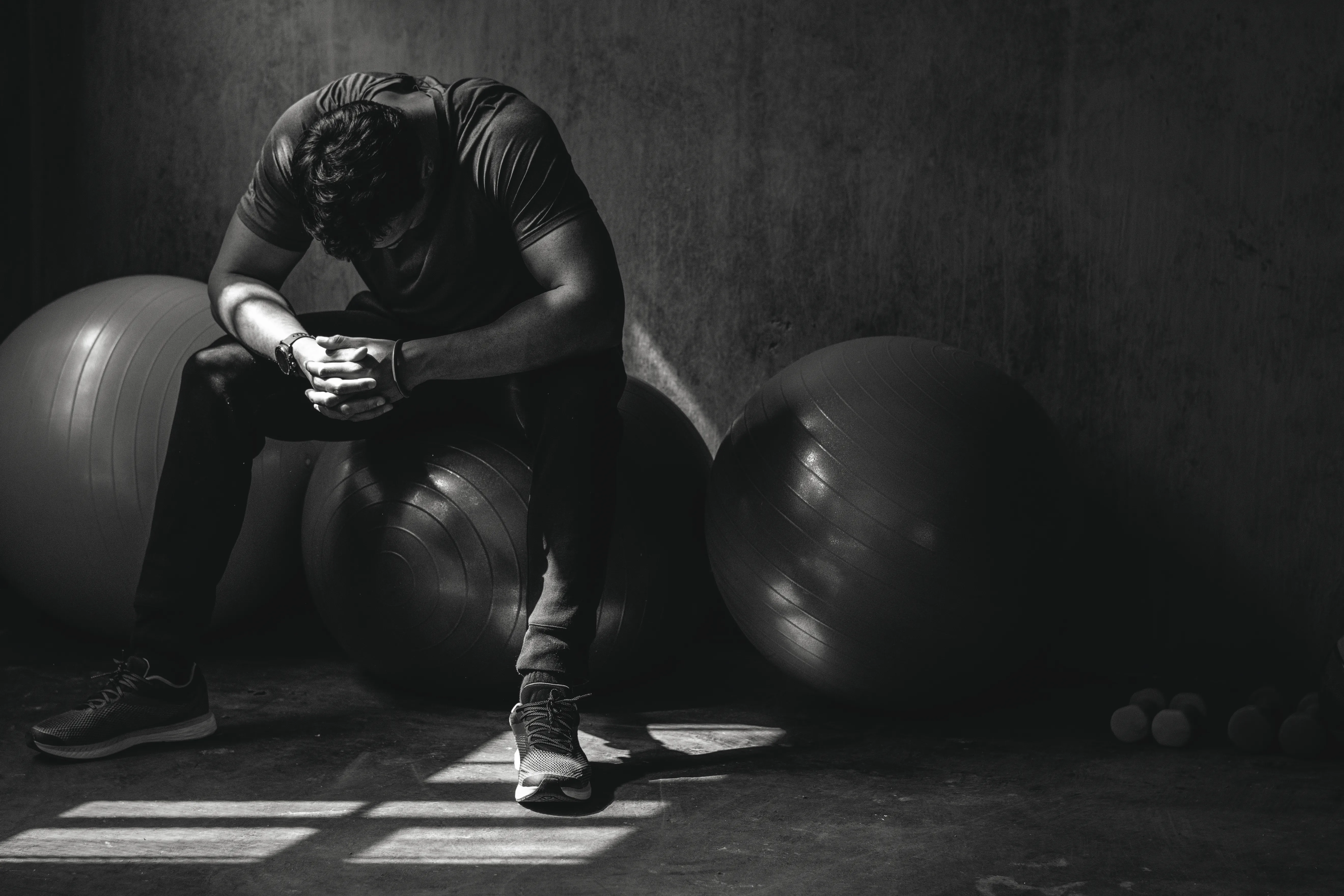
.avif)
.svg)
.svg)
.svg)
.svg)
.avif)
.svg)
.svg)
.svg)
.svg)
.svg)
.svg)
.avif)
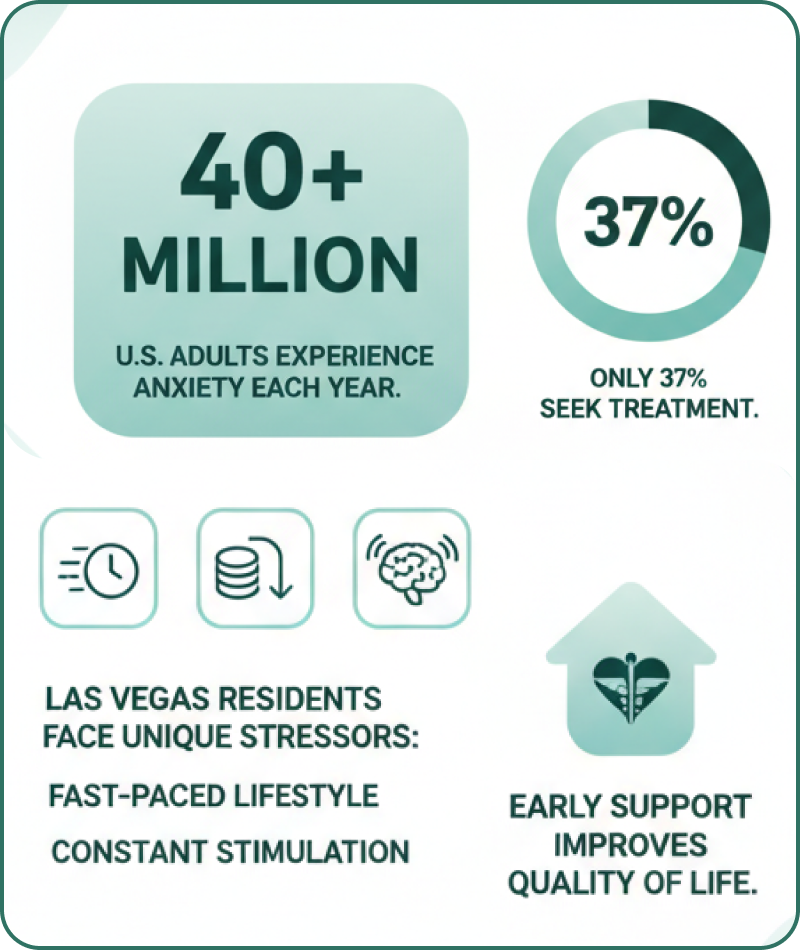
.svg)
